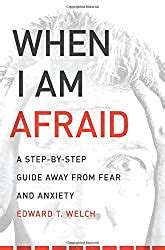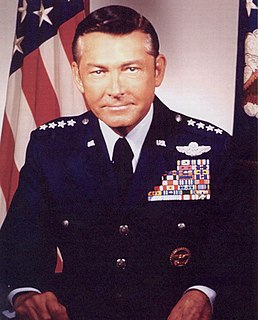A Quote by Jessica Zafra
We like to look for patterns and find connections in unrelated events. This way we can explain them to ourselves. Life seems neater, or at least less messy. We need to feel we are in control: it is integral to our self-esteem. We also know, though we deny it, that we are not in control. So we settle for the illusions of control. What if we stopped fooling ourselves?
Related Quotes
God is good. He is eager to forgive. He wants us to perfect ourselves and maintain control of ourselves. He does not want Satan and others to control our lives. We must learn that keeping our Heavenly Father's commandments represents the only path to total control of ourselves, the only way to find joy, truth, and fulfillment in this life and in eternity.
There is a mean streak to authentic self-control. Underneath what seems to be the placid demeanor of those who are not ruled by their desires is the heart of a warrior. Self control is not for the timid. When we want to grow in it, not only do we nurture an exuberance for Jesus Christ, we also demand of ourselves a hatred for sin.
When we give of ourselves, our time, and our money, we're also giving up control. As a control freak myself, I know that sounds scary, but I've learned that the momentary lack of control forces me to look at what I do have and truly count my blessings. I have clean drinking water. I have food on my table. I have a roof over my head and clothes on my back. Suddenly, my panic-stricken mindset is replaced with gratitude.
We always seem to be surprised by events, especially by catastrophes, but also by wonderful events. Look at 1990, the year that the Soviet Union collapsed and apartheid in South Africa collapsed and the Berlin Wall came down. I don't know anyone who foresaw those events. It seems to me that as a species we are constantly trying to adapt ourselves to the unexpected. In the meantime, we talk as if we are in control, and we're not. This seems to me to be the truth about the twentieth century.
Your breathing should flow gracefully, like a river, like a watersnake crossing the water, and not like a chain of rugged mountains or the gallop of a horse. To master our breath is to be in control of our bodies and minds. Each time we find ourselves dispersed and find it difficult to gain control of ourselves by different means, the method of watching the breath should always be used.
Many people believe that decentralization means loss of control. That's simply not true. You can improve control if you look at control as the control of events and not people. Then, the more people you have controlling events - the more people you have that care about controlling the events, the more people you have proactively working to create favorable events - the more control you have within the organization, by definition.
In the present state of the world, it is evident that the control we have gained of physical energies, heat, light, electricity, etc., without having first secured control of our use of ourselves is a perilous affair. Without the control of our use of ourselves, our use of other things is blind; it may lead to anything.
Holding onto and manipulating physical objects is one of the things we learn earliest and do the most. It should not be surprising that object control is the basis of one of the five most fundamental metaphors for our inner life. To control objects, we must learn to control our bodies. We learn both forms of control together. Self-control and object control are inseparable experiences from earliest childhood. It is no surprise that we should have as a metaphor-a primary metaphor-Self Control is Object Control.
Even though you try to put people under control, it is impossible. You cannot do it. The best way to control people is to encourage them to be mischievous. Then they will be in control in a wider sense. To give your sheep or cow a large spacious meadow is the way to control him. So it is with people: first let them do what they want, and watch them. This is the best policy. To ignore them is not good. That is the worst policy. The second worst is trying to control them. The best one is to watch them, just to watch them, without trying to control them.






































